Theatre's original celebrities
With Ira Aldridge back onstage in ”Red Velvet”, we put together a list of a few star actors from yesteryear
Nell Gwynn
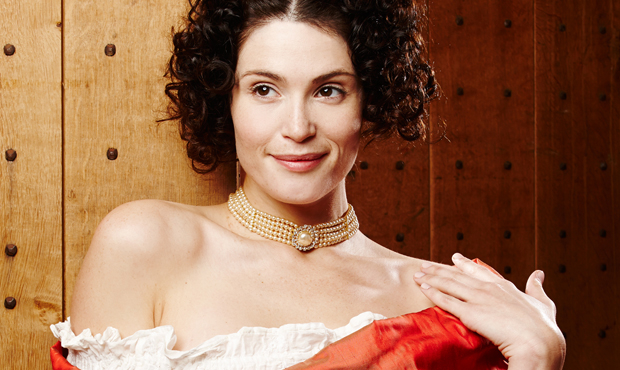
© Simon Turtle
Nell Gwynn is a classic rags-to-riches story we don't often hear about. Born in the 17th Century to humble beginnings near Covent Garden, Gwynn began working as an actress at fourteen and quickly rose through the ranks, eventually catching the eye of King Charles II and becoming his mistress. Her charm and spirit earned her the accolade as one of Britain's most celebrated actresses and Gwynn enjoyed a career which spanned over seven years.
Nell Gwynn opens at the Apollo Theatre on Friday
Samuel Foote
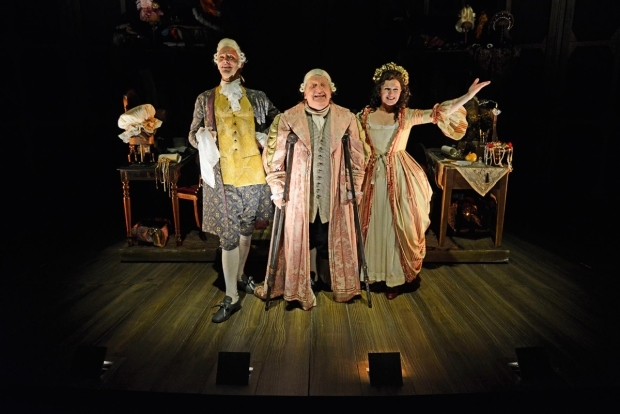
(© Nobby Clark)
Samuel Foote was a Georgian comic dramatist, impressionist and theatre manager. Rising to fame as a crime-writer, he penned a bestselling pamphlet about the murder of his own uncle by his other uncle. Forging out a successful stage career off the back of his prominence – often in crossdressing roles – his career hit a snag when his leg had to be amputated after an ill-judged boast about his horse-riding skills. Foote's reputation was destroyed by a sensational buggery trial but he still remains one of the most recognised and flamboyant names of the 18th century.
Ira Aldridge
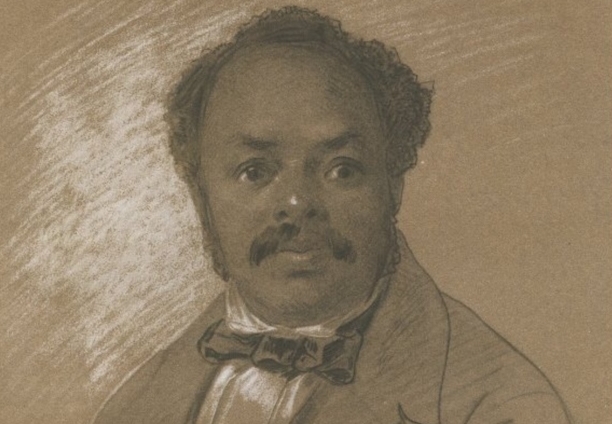
Born in New York in 1807, Aldridge emigrated to England at the age of 17. Whilst considered a distinguished Shakespearean actor, Londoners did not take as well to the idea of the world's first black Othello, with a critic for The Times writing: "Owing to the shape of his lips it is utterly impossible for him to pronounce English."
Regardless, Aldridge found fame and acceptance on tour in the UK and around Europe, heralded for his performances in Othello, Macbeth and Richard III – for which he wore pale make-up and a wig.
He was so well respected around Europe at the time of his death, in Poland in 1867, that he was given a state funeral.
Red Velvet, the story of Ira Aldridge, is currently running at the Garrick Theatre.
Richard Burbage
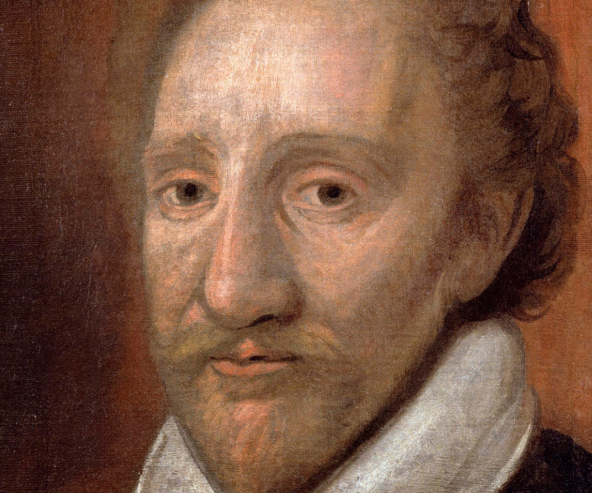
Born in 1567, Richard Burbage was a well known actor by the age of 20, performing in plays by Ben Jonson, Thomas Kyd, Beaumont and Fletcher, and John Webster. He is most well known as the star of William Shakespeare's theatre company, the Lord Chamberlain's Men.
When Richard was nine, his father James Burbage built The Theatre in Shoreditch. Twenty years later, when James passed away, Richard and his brother Cuthbert pulled it down and used the materials to erect the original Globe Theatre, which they co-owned with Shakespeare.
On 29 June 1613, Burbage was performing on stage at the Globe when it caught fire and was destroyed.
Burbage was also a talented painter, some believe the famous Chandos portrait of William Shakespeare was painted by him.
Henry Irving
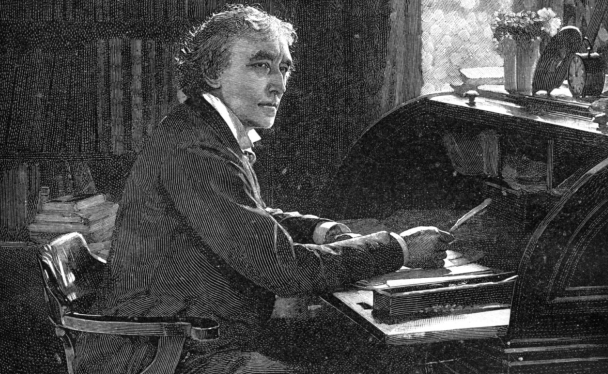
Victorian actor-manager Henry Irving was the first actor ever to have been given a knighthood. Born in Somerset, Irving had his first hit in 1871 with The Bells and took over management of the Lyceum Theatre in London in 1878. He had a long working – and possibly romantic – partnership with Ellen Terry, who played opposite him in several high profile roles. Rumour has it that Irving was the inspiration for the title character in Bram Stoker's novel Dracula.












